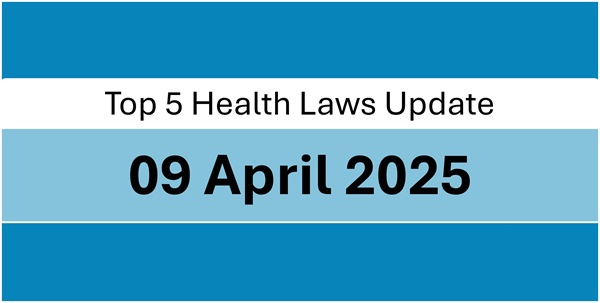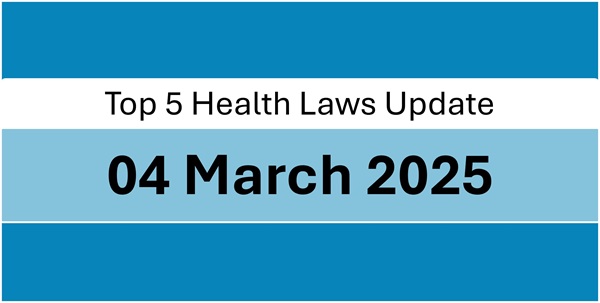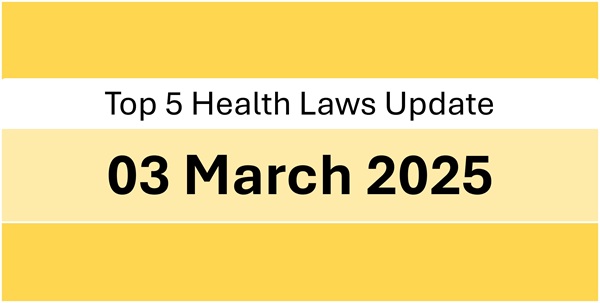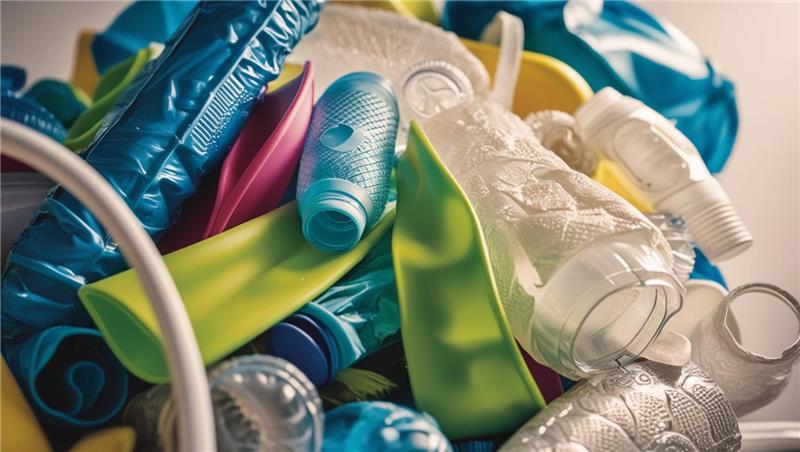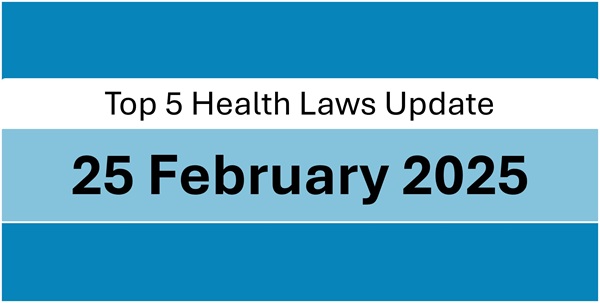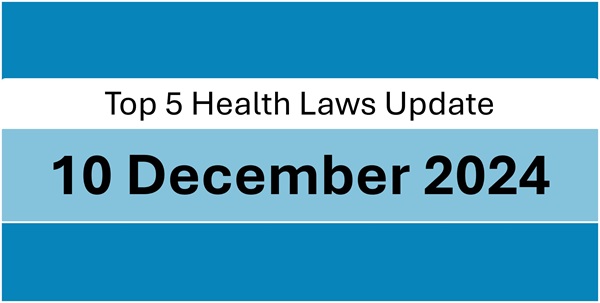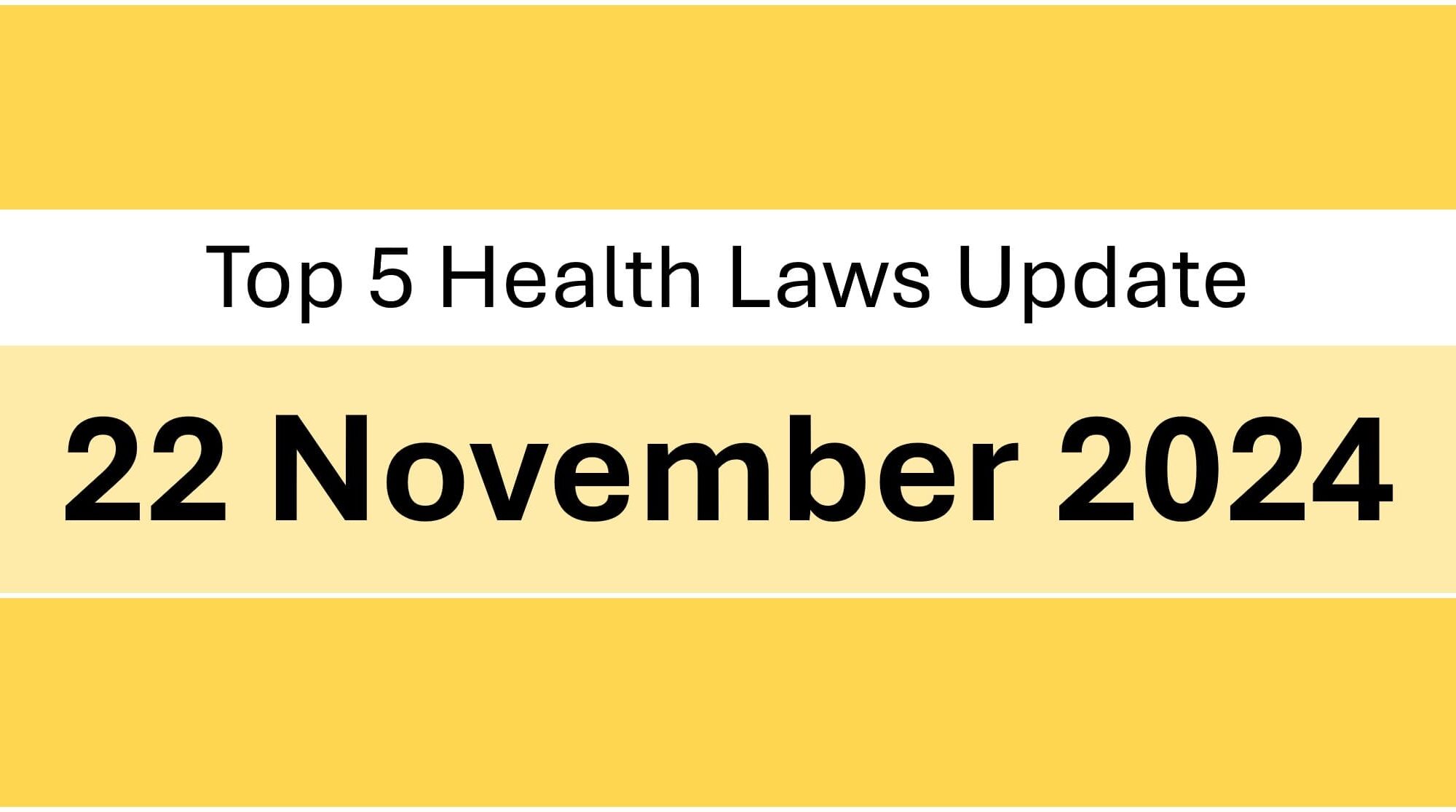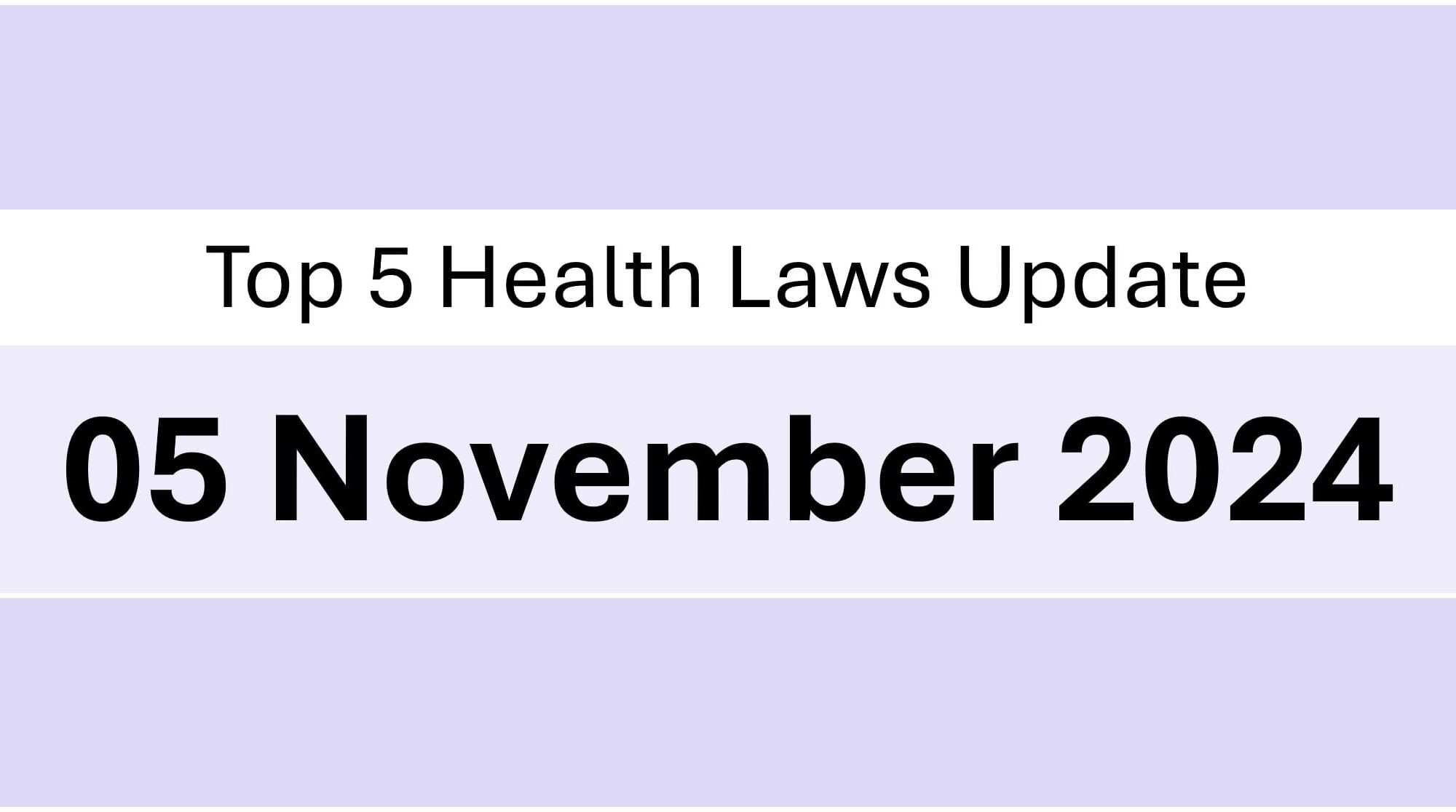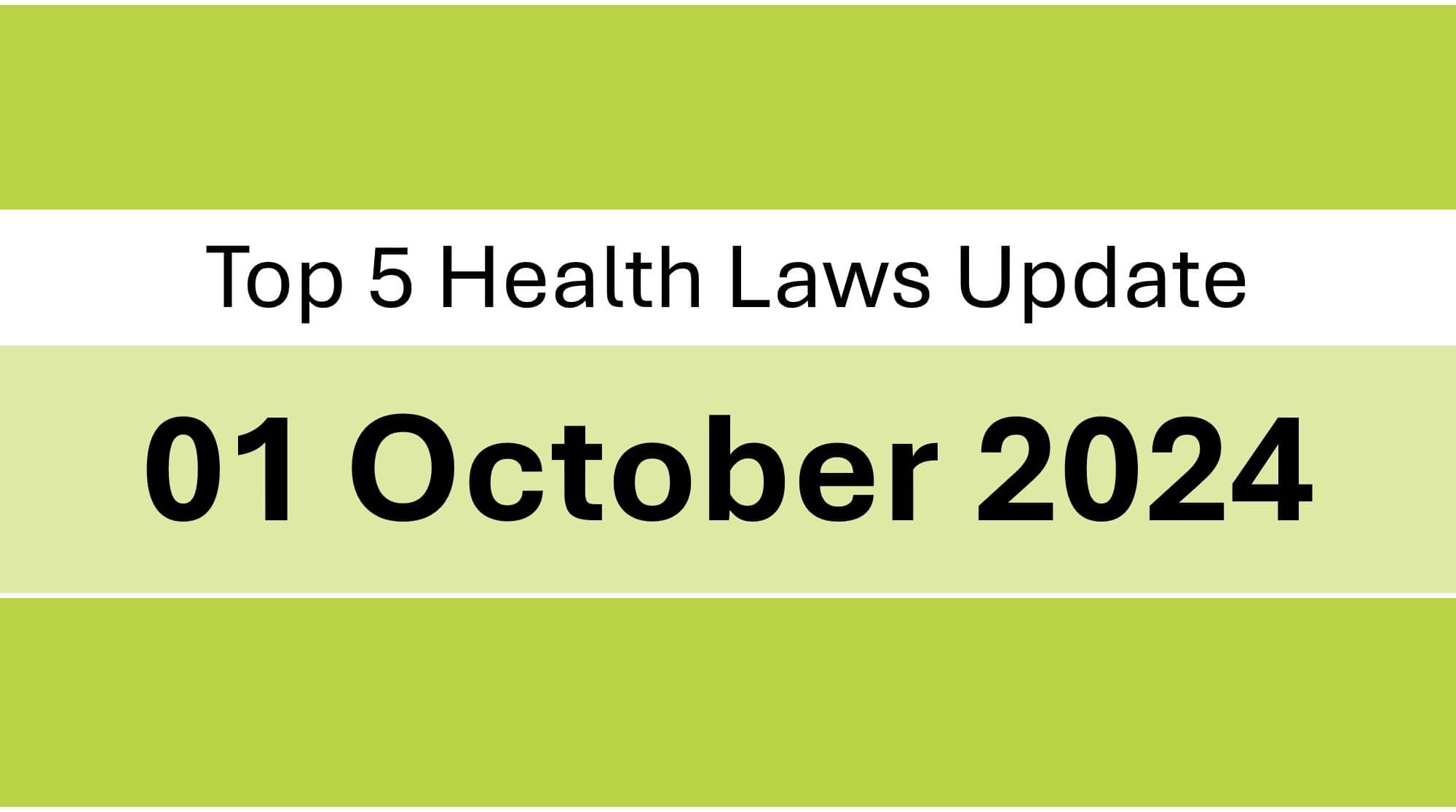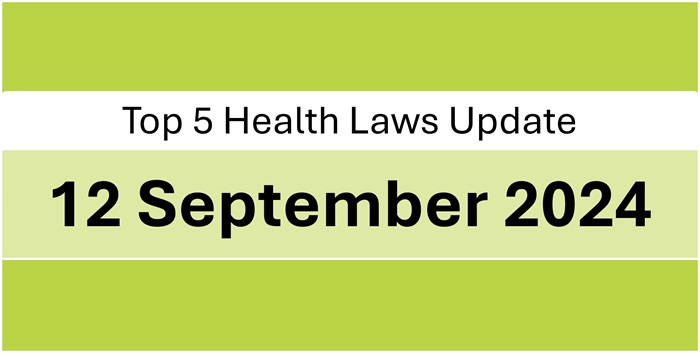Dear Readers, we are happy to share the most interesting legal and policy updates concerning health industry that we read today. we hope you enjoy reading it.
1. Indian Ministry of Environment, Forest, and Climate Change (MoEF&CC) has introduced the Environment (Construction and Demolition) Waste Management Rules, 2025, effective from April 1, 2026. These Rules apply to construction, demolition, remodeling, renovation, and repair activities, with key provisions on Extended Producer Responsibility (EPR) and waste management plans.
Source: bit.ly/42AOQIu
2. India’s Central Drugs Standard Control Organization (CDSCO) has issued a Standard Operating Procedures (SOPs) to streamline the transfer of drugs manufactured in Special Economic Zones (SEZs) to domestic markets (Domestic Tariff Area) for sale and distribution. SEZ units are exempted from mandatory import and registration requirements, provided these drugs are not diverted for domestic sale and are used exclusively for export purposes.
Source: bit.ly/44ftUYL
3. Pune Municipal Corporation has issued notices to private hospitals instructing to not demand any advance deposit from patients seeking emergency medical care and to strictly follow the Bombay Nursing Home Registration Act, 1949, which forbids demanding any advance deposit from “emergency” patients.
Source: bit.ly/4j52xp2
4. A content creator agreed to remove part of a podcast after a company objected to a guest’s remarks about an antiseptic product. The guest’s claims were considered disparaging. The court-approved settlement also required related social media posts to be deleted to protect the product’s reputation.
Source: bit.ly/42sBOeV
5. A global agricultural company is helping Indian rice farmers adopt eco-friendly farming methods. These practices reduce harmful greenhouse gases. In return, the company will issue its first carbon credits, certified by Gold Standard, which environmentally conscious companies can purchase to offset their emissions.
Source: bit.ly/4iavSgm

